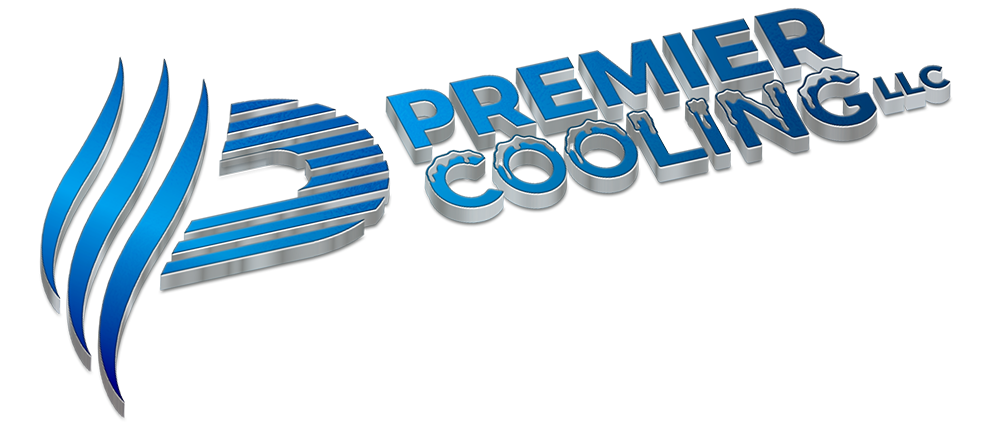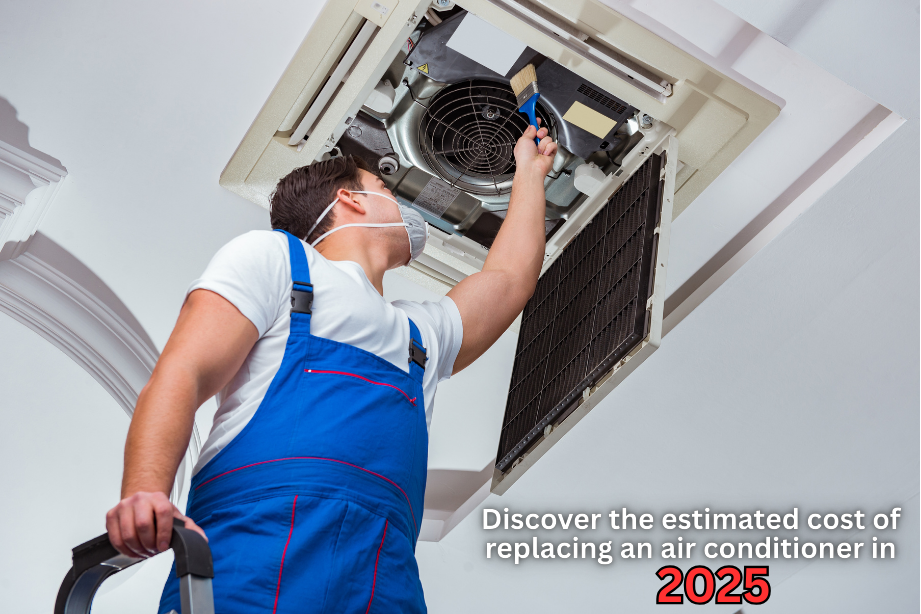
Step-By-Step Guide to DIY HVAC Filter Replacement
July 6, 2024
What Are the Benefits of Professional Air Duct Cleaning in Broward County, Florida?
July 29, 2024In the world of HVAC systems, filters play a crucial role in maintaining air quality and system efficiency. Imagine the filters as the unsung heroes quietly working to keep your air clean and your system running smoothly. However, like all heroes, they need a change after a noble battle against dust, dirt, and pollutants over time. Let’s delve into the signs that indicate it’s time for an HVAC filter replacement.
Understanding the Importance of HVAC Filter Maintenance
When it comes to the functionality of your HVAC system, the filter serves as the first line of defense against airborne particles. Dust, pollen, dander, and other contaminants are trapped by the filter, preventing them from recirculating in your home. This not only maintains indoor air quality but also protects the system’s components from unnecessary wear and tear.
Regular filter maintenance is vital for maximizing the efficiency of your HVAC system. A clogged filter forces the system to work harder to pull air through, leading to increased energy consumption. By replacing the filter at recommended intervals, you ensure that your system operates smoothly, helping you save on energy costs in the long run.
Neglecting filter replacements can result in issues beyond just poor air quality. A dirty filter restricts airflow, causing the system to overheat and potentially leading to malfunctions. By staying vigilant with filter changes, you not only extend the lifespan of your HVAC unit but also minimize the risk of costly repairs down the road.
The frequency of your filter replacements depends on various factors like the type of filter used, household size, presence of pets, and indoor air quality. It’s recommended to check your filter monthly and replace it every 30 to 90 days, or more frequently if needed. Keeping to a schedule ensures that your HVAC system runs efficiently year-round.
While some homeowners opt for DIY filter replacements, seeking professional HVAC maintenance guarantees thorough inspection and servicing. HVAC technicians have the expertise to identify underlying issues beyond filter replacements, ensuring that your system operates at peak performance. Professional maintenance can uncover potential issues early, preventing costly repairs later on.
Common Symptoms of a Clogged HVAC Filter
One of the primary signs of a clogged filter is reduced airflow from the vents. If you notice weaker airflow or uneven heating and cooling in different rooms, it may signify a blocked filter hindering air circulation. This restriction can strain your system, leading to increased energy consumption and decreased comfort levels.
Another common symptom is a spike in energy bills without a corresponding increase in usage. A clogged filter forces the HVAC system to work harder to maintain your desired temperature, consuming more energy in the process. Monitoring your energy bills for unexplained rises can prompt you to check and replace the filter as needed.
Poor indoor air quality is a telltale sign of a dirty filter. An accumulation of dust and pollutants in the air indicates that the filter is no longer effectively capturing contaminants. If you or your family members experience more frequent allergies, coughing, or sneezing while indoors, it’s time to inspect and change the filter to improve air quality.
Unusual odors emanating from the HVAC system can indicate a clogged filter trapping particles and causing them to decompose. If you notice musty or stale smells when the system is running, it’s a clear indicator that the filter needs replacing. Addressing this promptly can prevent the spread of unpleasant odors throughout your home.
Excessive dust accumulation on surfaces around the house, despite regular cleaning, can point to a dirty filter. When the filter is no longer effective, airborne particles circulate freely, settling on furniture, floors, and other surfaces. If you find yourself constantly battling dust buildup, consider changing the filter to maintain a cleaner home environment.
The Impact of Neglecting Filter Replacements on Air Quality
Air quality within your home directly correlates with the condition of your HVAC filter. Neglecting filter replacements allows pollutants to recirculate, compromising the health of your indoor environment. Poor air quality can exacerbate respiratory issues, trigger allergies, and create an uncomfortable living space for occupants.
Inadequate filtration due to a neglected filter can lead to the accumulation of harmful contaminants such as mold spores, bacteria, and dust mites in the air. These particles not only pose health risks but also contribute to unpleasant odors and potential long-term damage to your HVAC system. Regular filter changes are essential for maintaining a healthy home atmosphere.
Individuals with allergies or respiratory conditions are particularly sensitive to poor indoor air quality resulting from a neglected filter. Symptoms like congestion, sneezing, coughing, and throat irritation can worsen when the air is laden with allergens and pollutants. Prioritizing filter replacements is crucial for creating a safe and comfortable indoor environment for all occupants.
Beyond health concerns, neglected filter replacements can impact the overall cleanliness of your home. Dust-laden air can settle on surfaces, requiring more frequent cleaning to maintain a dust-free environment. By maintaining a clean filter, you mitigate the spread of dust and pollutants, ensuring that your living space remains fresh and free of airborne contaminants.
Saving Costs through Timely HVAC Filter Changes
Timely filter changes not only contribute to better air quality and system efficiency but also result in long-term cost savings. By ensuring that your HVAC system operates with a clean filter, you reduce the energy consumption needed to heat or cool your home, leading to lower utility bills over time.
Neglecting filter replacements can strain your HVAC system, causing components to work harder and potentially leading to premature wear and system breakdowns. By investing in regular filter changes, you extend the lifespan of your HVAC system, avoiding costly repairs or replacements that arise from neglecting routine maintenance.
Failing to replace a clogged filter can also result in decreased system efficiency, forcing the HVAC unit to run longer to achieve the desired temperature. This extended operation not only increases energy usage but also places additional stress on the system, reducing its overall lifespan. Stay proactive with filter changes to save on energy costs and prevent avoidable repairs.
DIY vs. Professional Filter Replacement: Which is Best?
Many homeowners opt for DIY filter replacements as a cost-effective solution for maintaining their HVAC systems. Regularly checking and changing the filter can be a simple task that homeowners can perform themselves, ensuring that the system operates efficiently between professional maintenance visits.
However, professional HVAC maintenance offers comprehensive servicing beyond filter replacements, addressing underlying issues and ensuring optimal system performance. HVAC technicians possess the expertise to detect problems early, preventing potential breakdowns and costly repairs in the future.
For homeowners who prefer a hands-off approach to HVAC maintenance or lack the necessary tools and expertise, professional filter replacements provide peace of mind and a thorough system inspection. By scheduling regular maintenance with HVAC professionals, you ensure that your system operates at peak efficiency and remains in top condition.
Choosing DIY or professional filter replacement ultimately depends on your comfort level with maintenance tasks and your HVAC system’s specific requirements. Whether you opt to handle filter changes yourself or rely on professionals, the key is to maintain a consistent schedule and prioritize the health and efficiency of your HVAC system.
Breathe Fresh: The Importance of HVAC Filter Maintenance
Ensuring timely HVAC filter replacements is not just about system maintenance; it’s about breathing cleaner air and keeping your energy bills in check. By being alert to the signs of a needed filter change, you can enhance the longevity of your HVAC system and enjoy a healthier indoor environment. Stay proactive, stay informed, and let your HVAC system breathe fresh!






